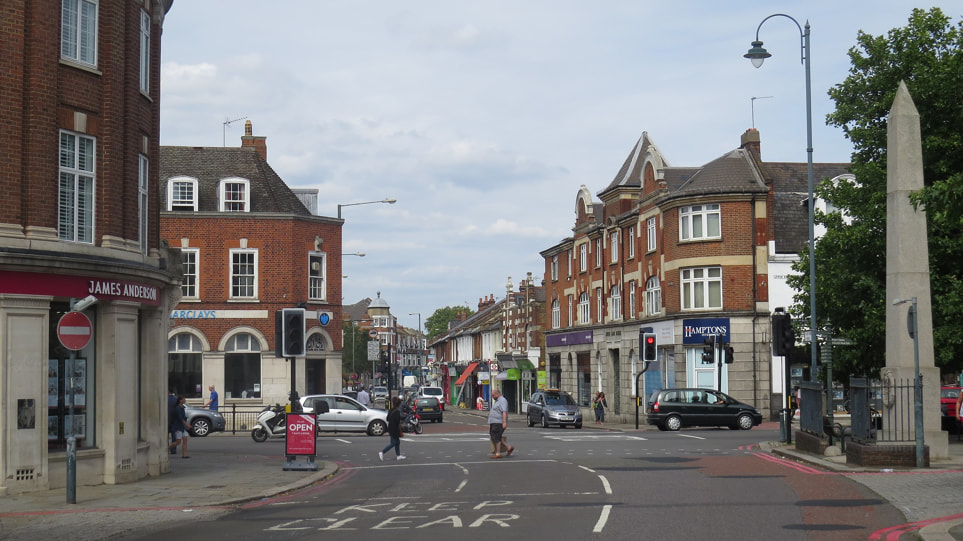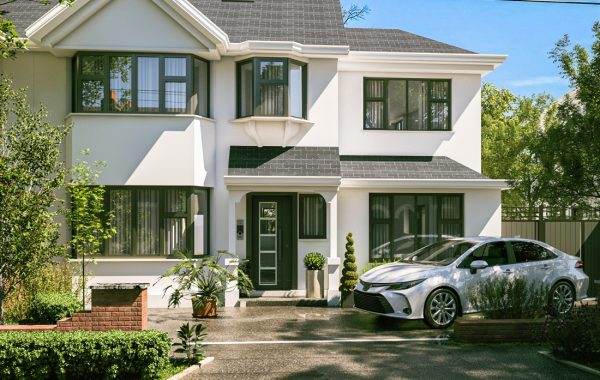Navigating Richmond Fulwell Building Regulations: Your Essential Guide
Embarking on a construction or renovation project in Richmond Fulwell? Understanding the local building regulations is a must. Richmond Fulwell, nestled in the heart of the London Borough of Richmond upon Thames, offers a charming backdrop for various construction endeavors. However, ensuring that your project aligns with local building regulations is crucial for both compliance and quality. Let’s dive into the essentials of Richmond Fulwell’s building regulations, highlighting what you need to know to keep your project on track.
What Are Building Regulations?
Building regulations are the rules governing the construction, alteration, and maintenance of buildings. They ensure that buildings are safe, energy-efficient, and accessible. These regulations encompass various aspects, from structural integrity to environmental impact, aiming to provide a safe and sustainable environment for all.
Key Components of Richmond Fulwell Building Regulations
1. Securing Planning Permission
Before you break ground, obtaining planning permission is your first hurdle. This step is crucial for:
- Constructing new buildings
- Undertaking major extensions
- Making significant exterior changes
- Altering land use
In Richmond Fulwell, the local planning authority reviews applications to ensure they meet community and environmental standards. Detailed plans, including site surveys and design specifications, are required for approval.
2. Ensuring Structural Safety
Structural safety is at the core of building regulations. The focus here is on creating structures that can withstand various stresses and loads, including:
- Dead Loads: Permanent loads from the building’s own weight.
- Live Loads: Temporary loads like furniture and occupants.
- Environmental Loads: Effects from wind, snow, and seismic activity.
Richmond Fulwell mandates that a qualified structural engineer conducts thorough calculations and assessments to ensure the safety and durability of your building.
3. Implementing Fire Safety Measures
Fire safety regulations are designed to protect building occupants and prevent the spread of fire. In Richmond Fulwell, these measures include:
- Fire-Resistant Materials: Ensuring structural elements can resist fire.
- Fire Detection Systems: Installing alarms and detection systems.
- Emergency Exits: Designing safe escape routes.
- Fire Safety Practices: Using fire-resistant materials and finishes.
These standards are crucial for creating a safe environment and mitigating fire risks.
4. Adhering to Energy Efficiency Standards
Energy efficiency is a significant focus in Richmond Fulwell’s building regulations. Requirements include:
- Insulation: High-quality insulation to minimize heat loss.
- Energy-Efficient Fixtures: Using energy-efficient windows, doors, and systems.
- Renewable Energy: Incorporating renewable energy sources where feasible.
By meeting these standards, you not only contribute to environmental sustainability but also benefit from reduced energy costs.
5. Promoting Accessibility
Accessibility is a key aspect of Richmond Fulwell’s building regulations, ensuring that buildings are usable by everyone, including those with disabilities. This involves:
- Accessible Entrances: Designing entrances and exits that are easy to access.
- Circulation Space: Ensuring adequate space for movement within the building.
- Accessible Facilities: Providing accessible restrooms and amenities.
These requirements help create inclusive spaces that cater to all individuals.
6. Considering Environmental Impact
Richmond Fulwell’s regulations also emphasize environmental stewardship. Key considerations include:
- Sustainable Drainage Systems (SuDS): Managing surface water runoff effectively.
- Eco-Friendly Materials: Using sustainable and low-impact building materials.
- Protecting Local Wildlife: Ensuring that construction activities do not harm local habitats.
These guidelines help preserve Richmond Fulwell’s natural beauty and promote sustainable development.
Ensuring Compliance: Steps to Follow
To navigate Richmond Fulwell’s building regulations effectively:
Consult Local Experts: Work with architects, builders, and engineers familiar with local regulations. Their expertise will guide you through the regulatory landscape.
Prepare Detailed Submissions: When applying for planning permission, include comprehensive plans, calculations, and material specifications.
Monitor Construction Progress: Regularly check that construction adheres to approved plans and regulations.
Schedule Final Inspections: Once completed, have a building control officer inspect your project to ensure all regulations are met.
Wrapping Up
Navigating the building regulations in Richmond Fulwell can be complex, but understanding the key components is essential for a successful project. From securing planning permission to ensuring structural safety, fire safety, energy efficiency, accessibility, and environmental impact, each element plays a vital role in achieving a compliant and high-quality build.
By following these guidelines and working with local professionals, you can ensure that your construction project not only meets regulatory requirements but also contributes positively to the community. Richmond Fulwell’s building regulations are designed to support safe, sustainable, and inclusive development, making it a wonderful place for your next project.





